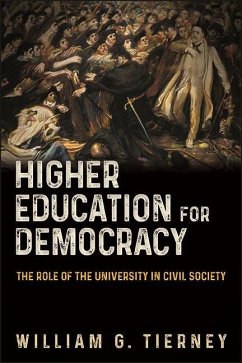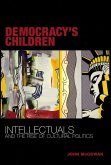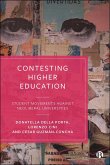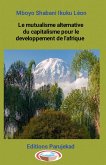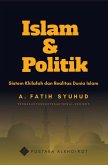Bronze Winner, 2021 Foreword INDIES Book of the Year Award in the Education Category
Democracy and higher education are inextricably linked: universities not only have the ability to be key arbiters of how democracy is advanced, but they also need to reflect democratic values in their practices, objectives, and goals. Framed by the COVID-19 pandemic, and the ongoing crisis of structural racism, Higher Education for Democracy explores academe's role in advancing democracy by using a cross-national comparison of Los Angeles, New Delhi, and Hong Kong to develop strategies that universities can employ to strengthen democracy and resist fascism. William G. Tierney argues that if academe is to be a progenitor in the advancement of democracy, then we need to consider five areas of change that have been significant across national contexts amid both globalization and neoliberalism: inequality, privatization, the public good, identity, and academic freedom. Taking a comparative approach and drawing on scholarly literature, archival research, and interviews, Higher Education for Democracy aims to understand these changes and their implications and to position higher education in defense of democracy in a globalized economy framed by fascism.
Democracy and higher education are inextricably linked: universities not only have the ability to be key arbiters of how democracy is advanced, but they also need to reflect democratic values in their practices, objectives, and goals. Framed by the COVID-19 pandemic, and the ongoing crisis of structural racism, Higher Education for Democracy explores academe's role in advancing democracy by using a cross-national comparison of Los Angeles, New Delhi, and Hong Kong to develop strategies that universities can employ to strengthen democracy and resist fascism. William G. Tierney argues that if academe is to be a progenitor in the advancement of democracy, then we need to consider five areas of change that have been significant across national contexts amid both globalization and neoliberalism: inequality, privatization, the public good, identity, and academic freedom. Taking a comparative approach and drawing on scholarly literature, archival research, and interviews, Higher Education for Democracy aims to understand these changes and their implications and to position higher education in defense of democracy in a globalized economy framed by fascism.
Dieser Download kann aus rechtlichen Gründen nur mit Rechnungsadresse in A, D ausgeliefert werden.

